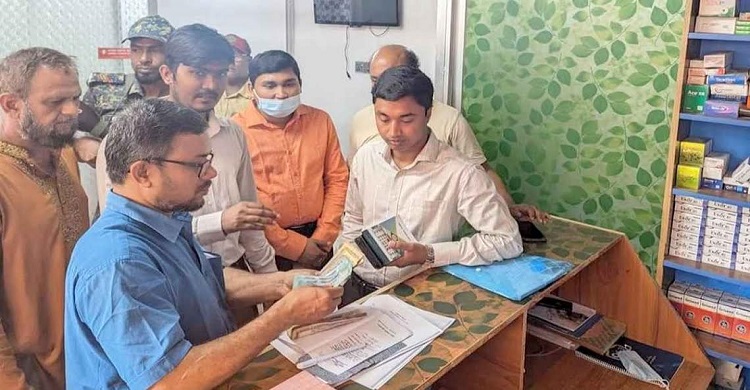
- Health
Nipah virus could be the next global epidemic!
- Health
- 31 January, 2021 17:35:59
News Desk: For the last one year, the world's major pharmaceutical companies have been sweating to cope with the coronavirus epidemic. They have to work day and night to prevent this deadly virus. Several vaccines have already hit the market, with a few more awaiting approval. This has given hope to the end of the Corona epidemic, but also raises the question - how ready is the world to prevent the next epidemic? Jayashree K.
Iyer, executive director of the Netherlands-based Access to Medicine Foundation, said the recent outbreak of the deadly Nipah virus in China was about 75 percent. This could be the next global epidemic. Nipah virus is another growing infection, which could be a cause for great concern, he said. It can spread at any moment.
Even subsequent epidemics could be drug-resistant. Nipah virus can cause severe respiratory problems and encephalitis (swelling of the brain). Depending on where the outbreak occurs, the mortality rate can range from 40 to 65 percent. The Nipah virus is usually transmitted by bats.
There is a risk of spreading it by drinking date juice in Bangladesh and India. Nipah virus is one of the 10 most deadly infectious diseases identified by the World Health Organization. But so far there is no preparation anywhere in the world to stop the epidemic. Four products are currently being developed to prevent the mosquito-borne Chikungunya virus, which has spread rapidly around the world in the past few years.
This includes a vaccine, a drug, a diagnostic device and an insecticide spray, which will also work against the dengue and Zika viruses. Prior to the outbreak of Covid-19, drug manufacturers had no coronavirus-related initiatives in the pipeline. However, several vaccines have been developed in the months since the epidemic broke out. At present, 63 vaccines and medicines related to this disease are being processed.
"The antibiotics we have may still be working," Iyer said. But they are running out of time to replace. "The tuberculosis that we thought we could eradicate is spreading widely in a number of communities due to its drug-resistant nature," he said.
Warning of future epidemics, the expert said that an epidemic where drug-resistant germs would cause disease was no longer unimaginable, but inevitable, unless the pharma industry took the initiative to develop alternative antibiotics.




























Comment ( 0)